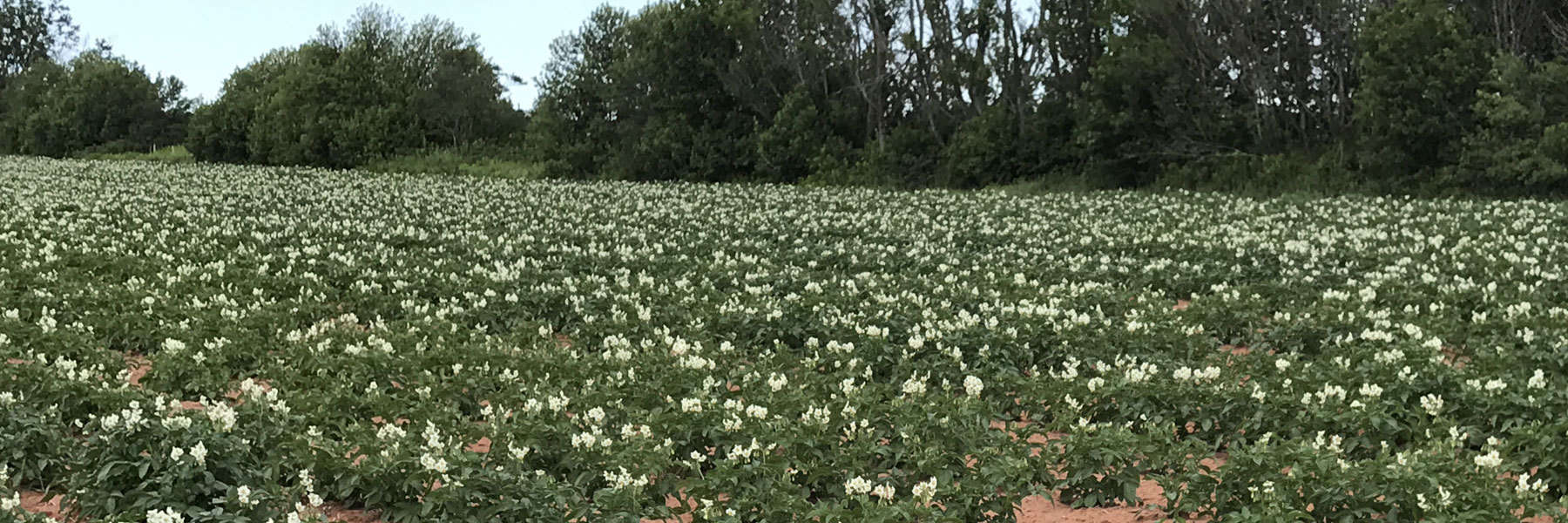Coronavirus: Another layer of anxiety for farmers
The National Farmers Union (NFU) adds its concerned voice about COVID-19 to that of many people in PEI, in Canada, and the whole world. We have never experienced a global health threat as serious as this one. Everyone is affected. Our health and our lives are at risk. For many of us our livelihoods are at risk. The fear and anxieties which accompany any major disaster are at a high level.
Just as in any widespread tragedy, not all people are affected to the same degree. Not all people have the same level of angst. Those who are usually on the lower economic and social rungs in our community live in a constant state of alarm and fear for their survival.
It has been encouraging to see the federal government step up and lessen the immediate suffering of those who have lost their jobs due to the shutdowns across the country. Many are relieved by the emergency funds governments have made available for the next few months. However, there will be long-term consequences which everyday people will feel for years to come. When you live on the margins, any setback can mean a permanent shift in our individual lives and those of our families. COVID-19 amplifies our on-going vulnerabilities, our fear and anxiety.
Not many people are talking about the specific effects of the pandemic on farmers. Nor are they asking why this is adding one more layer of worry to the ongoing stress on farmers. We are a sector for which tension and mental stress is a permanent feature. It was suddenly fashionable early this year for government, their related organizations, and the media to bring to light that farmers’ stress and depression are widespread. Yet they all seem to be missing the story. They are not examining why more and more farmers have been seeking mental health treatment.
The ‘big picture’ source of farmers’ unease is they are trying to produce food within an impossible model. Farmers are merely cogs in the wheels of an industrial agricultural system. They create wealth for the few at the top and are barely surviving themselves, receiving low prices for their product. Most farmers regard land and water as a trust for generations to come. The industrialists and their mouthpieces in the farm community see land and water as resources to be exploited. They see these life sources merely as means to produce wealth in the short term at whatever cost.
A resulting source of anxiety is the concrete reality that family farms will disappear unless they are forced under the umbrella of the industrial sector, the processors and retailer. Farmers are often under pressure to use farm practices which they know are destructive. In PEI alone thousands of farm families have been pushed off the land. Those who remain feel it’s just a matter of time before a larger operation will buy them out, The level of impossible debt makes this inevitable. So what happens to farmers who have given their lives to this way of life and and they can no longer continue?
So what happens when we add to this the grief and fear of COVID-19 for ourselves and our families? Farmers also have to self-isolate to prevent the spread of the virus. It will soon be cultivation and planting time. Access to input suppliers is more difficult. Add to that the news that there is a glut in the French fry market and in dairy. Farmers have to find new markets or they have to destroy product as some dairy farmers are required to do in Ontario and elsewhere. Then there is the economic crisis. In earlier recessions when the market crashed, many investors turned to land grabbing. They saw land as a safe area for long-term investment. We may see a drive to buy up land while there is no one on watch.
The NFU urges people to listen to the health requirements so we can stop the virus COVID-19: stay home; wash your hands many times during the day; keep a distance of two metres apart and stay well.
As well, the National Farmers Union challenges all Islanders to think of ways to engage government and others. We need to stop the viral threat of the industrial model of agriculture to farmers and to the land. Let’s stop saying, “when we get back to normal …” The normal is pretty disastrous for farmers and the land. We can do better than the ‘normal’. Let’s find new ways together
